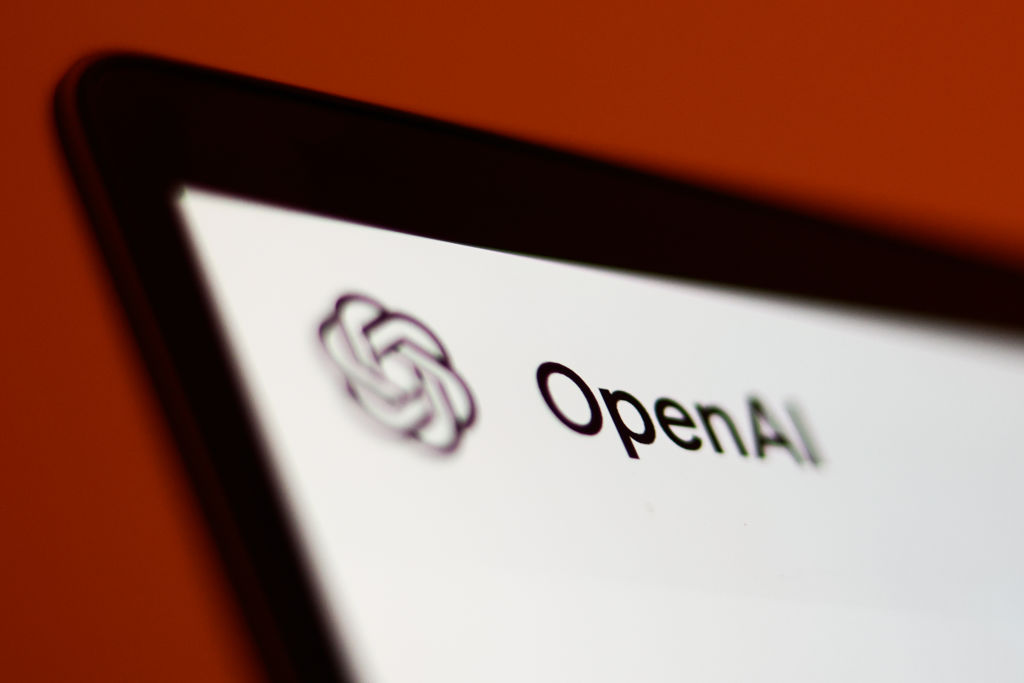OpenAI, a leader in artificial intelligence research and development, has been actively pursuing strategic acquisitions to bolster its position in the AI-driven coding assistance market. Recent reports indicate that OpenAI is in advanced discussions to acquire Windsurf, a prominent AI coding company, for over $3 billion. This potential acquisition underscores OpenAI’s commitment to expanding its capabilities in AI-assisted coding solutions.
Background on Windsurf
Windsurf, formerly known as Codeium, has emerged as a significant player in the AI coding assistant landscape. The company has successfully raised substantial funding, including a $150 million round led by General Catalyst, which valued Windsurf at $1.25 billion. Windsurf’s AI-powered tools have gained traction among developers, offering advanced code generation and assistance features that streamline the coding process.
OpenAI’s Previous Engagements with Anysphere
Before entering talks with Windsurf, OpenAI had shown interest in acquiring Anysphere, the creator of the AI coding assistant Cursor. Anysphere has been a notable entity in the AI coding domain, with its product Cursor generating approximately $200 million in annualized recurring revenue. OpenAI’s Startup Fund had previously invested in Anysphere during its seed round in late 2023. Despite this existing relationship, acquisition discussions between OpenAI and Anysphere did not materialize into a deal. Anysphere has since been in talks to raise capital at a valuation of about $10 billion, indicating its strong market position and growth trajectory.
Strategic Implications of the Windsurf Acquisition
The potential acquisition of Windsurf represents OpenAI’s largest acquisition to date and signals a broader strategy to secure strategic applications and technologies built on their foundational AI models. By integrating Windsurf’s capabilities, OpenAI aims to enhance its offerings in the AI-assisted coding market, providing developers with more sophisticated tools to improve productivity and code quality.
This move also reflects the competitive dynamics in the AI industry, where major players are actively seeking to consolidate their positions by acquiring innovative startups. OpenAI’s pursuit of Windsurf indicates a proactive approach to staying ahead in the rapidly evolving AI landscape.
Regulatory Considerations
The scale of the proposed acquisition may attract scrutiny from antitrust regulators. The Federal Trade Commission (FTC) has been vigilant in examining large tech acquisitions to ensure they do not stifle competition. OpenAI’s expanding influence in the AI sector, coupled with its strategic partnerships and acquisitions, may prompt regulatory bodies to assess the potential impact on market competition.
OpenAI’s Broader Acquisition Strategy
OpenAI’s interest in acquiring Windsurf aligns with its broader strategy of expanding its portfolio through strategic acquisitions. In recent years, OpenAI has made several notable acquisitions:
– Rockset Acquisition: In June 2024, OpenAI acquired Rockset, an enterprise search and analytics startup. This acquisition aimed to enhance OpenAI’s capabilities in helping business customers and developers make better use of their data on OpenAI’s platform.
– Multi Acquisition: Shortly after the Rockset deal, OpenAI acquired Multi, a startup developing a video-first collaboration platform for enterprises. This acqui-hire brought in a team focused on enhancing remote collaboration tools, aligning with OpenAI’s interest in improving team productivity through AI-driven solutions.
– Global Illumination Acquisition: In August 2024, OpenAI acquired Global Illumination, a design and development startup known for leveraging AI to build creative tools and digital experiences. This acquisition marked OpenAI’s first public acquisition and aimed to bolster its design capabilities for products like ChatGPT.
These acquisitions reflect OpenAI’s strategic intent to integrate diverse AI technologies and expertise, thereby strengthening its position across various AI applications.
Competitive Landscape
OpenAI’s aggressive acquisition strategy places it in direct competition with other tech giants investing heavily in AI. Companies like Microsoft, Google, and Anthropic are also vying for dominance in the AI space, leading to a surge in mergers and acquisitions as firms seek to consolidate their technological capabilities and market share.
For instance, Microsoft’s Copilot, an AI-powered code completion tool, represents a significant advancement in AI-assisted coding. OpenAI’s potential acquisition of Windsurf could be seen as a strategic move to offer a competitive alternative, thereby intensifying the rivalry between these tech behemoths.
Future Outlook
As OpenAI continues to expand its portfolio through strategic acquisitions, the AI industry is likely to witness increased consolidation. Startups with innovative AI solutions may become prime targets for acquisition as larger companies seek to enhance their capabilities and maintain a competitive edge.
However, these developments will also attract regulatory attention, necessitating careful navigation to ensure compliance with antitrust laws and to promote healthy competition within the industry.
In conclusion, OpenAI’s pursuit of Windsurf, following its engagement with Anysphere, underscores the company’s commitment to leading the AI-driven coding assistance market. By strategically acquiring and integrating innovative technologies, OpenAI aims to provide developers with advanced tools that enhance productivity and code quality, thereby solidifying its position as a frontrunner in the AI industry.



